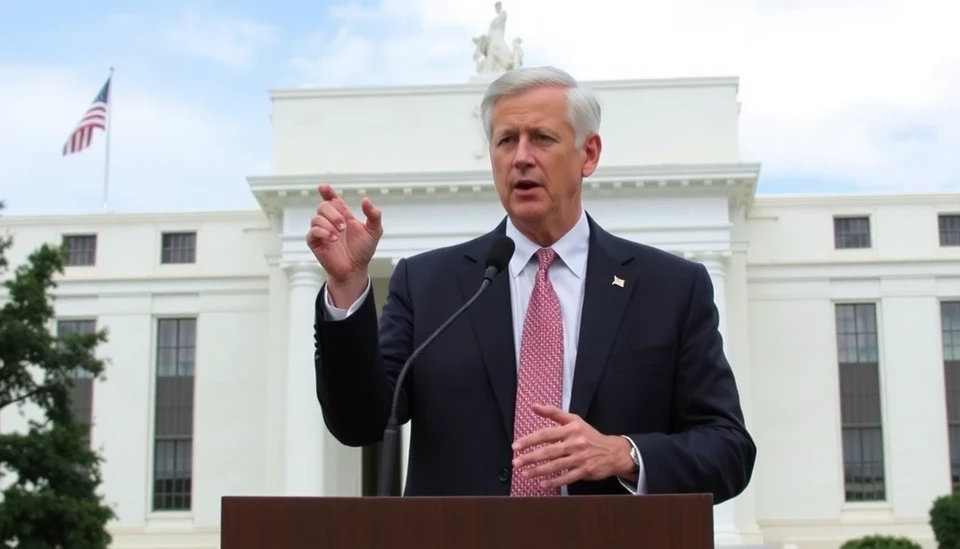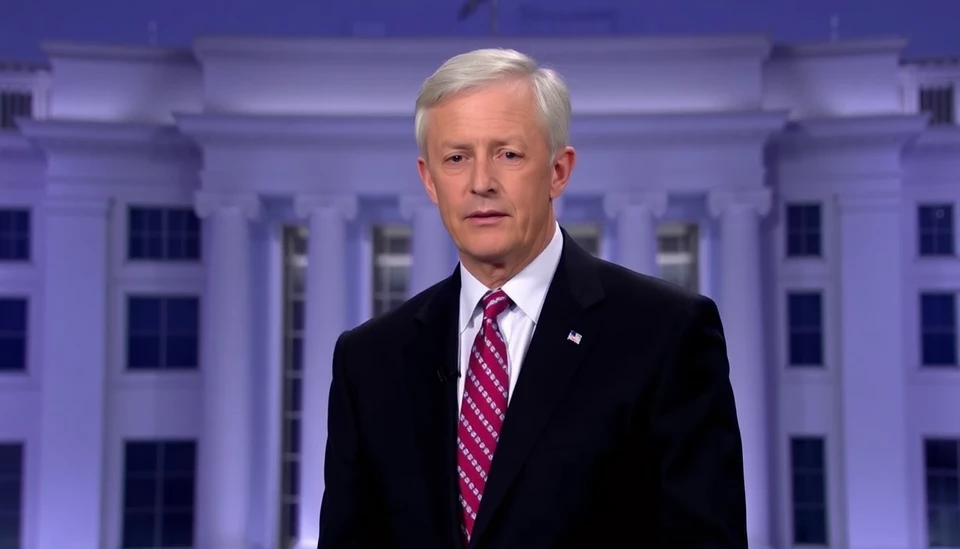
In a recent address, Federal Reserve Bank of Boston President Susan Collins emphasized the expansive consequences of tariffs on the U.S. economy, pointing out that their effects reach far beyond what many American citizens may realize. Her remarks come in the context of ongoing discussions regarding trade policies and their implications for both businesses and consumers alike.
Collins articulated her concerns during a panel discussion, highlighting that tariffs—initially intended to protect domestic industries—often generate a ripple effect that complicates the economic landscape for many sectors. She explained that while the intention behind imposing tariffs might be to bolster local businesses against foreign competition, the real-world implications could lead to higher prices for consumers, disruptions in supply chains, and an overall increase in inflation levels.
Moreover, Collins noted that small to medium-sized enterprises (SMEs) frequently find themselves disproportionately affected by such tariffs. Unlike larger firms that may have the financial resources to absorb costs or switch suppliers, smaller businesses may struggle to maintain profitability amid rising prices and stagnant demand. As a result, the impact of these tariffs could stifle innovation and hinder economic growth, which is detrimental for the wider economy.
Encouraging a broader dialogue on the subject, Collins pointed out the importance of understanding these complexities. She suggested that policymakers need to evaluate the long-term effects of tariffs carefully, taking into account not just immediate benefits but also potential costs to American consumers and businesses alike.
The Fed President's remarks coincide with increasing scrutiny over the effectiveness of current trade strategies, particularly as the economy continues to navigate persistent inflationary pressures. Her insights serve as a timely reminder of the interconnected nature of modern economics and the necessity for comprehensive consideration of trade policies that might alter the economic equilibrium.
As discussions around the U.S. economy and global trade relationships evolve, Collins' comments highlight the essential role that central bank officials play in shaping economic discourse. The need for adaptive and strategic policymaking is ever-present, encouraging stakeholders at all levels to remain vigilant about the potential ramifications of tariffs on the American populace and the broader economic climate.
Overall, Susan Collins’ statements offer a significant perspective on the intricate relationship between tariffs, consumer behavior, and economic health, urging a more informed examination of the policies currently in place.
#FederalReserve #SusanCollins #Tariffs #USAEconomy #TradePolicies #Inflation #SmallBusiness #EconomicGrowth #PolicyDiscussion
Author: Laura Mitchell




